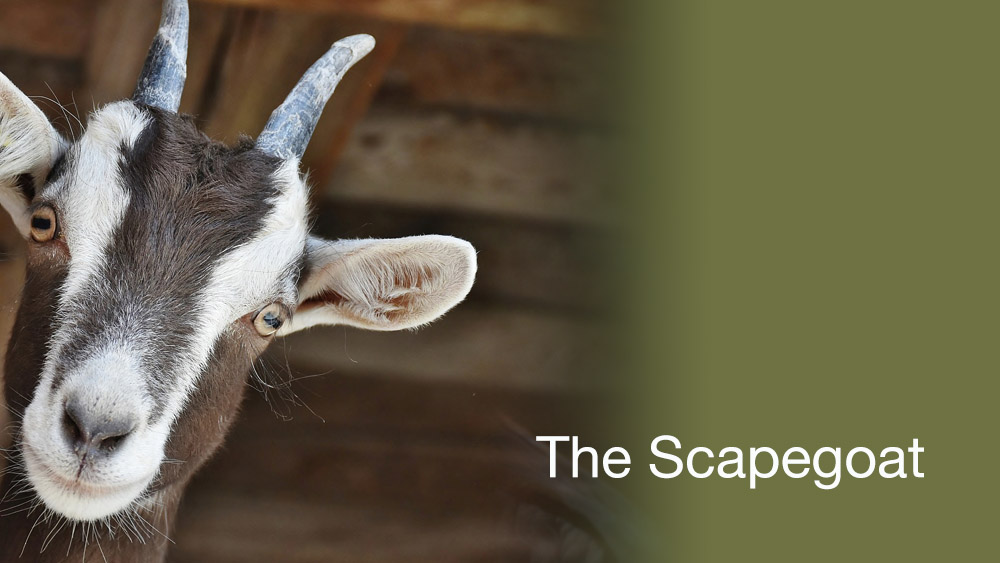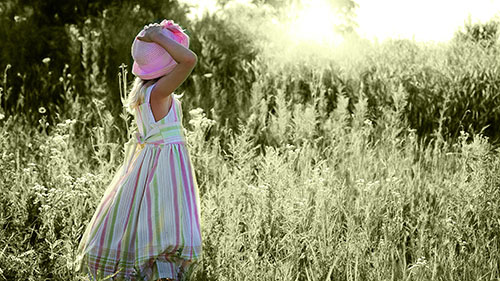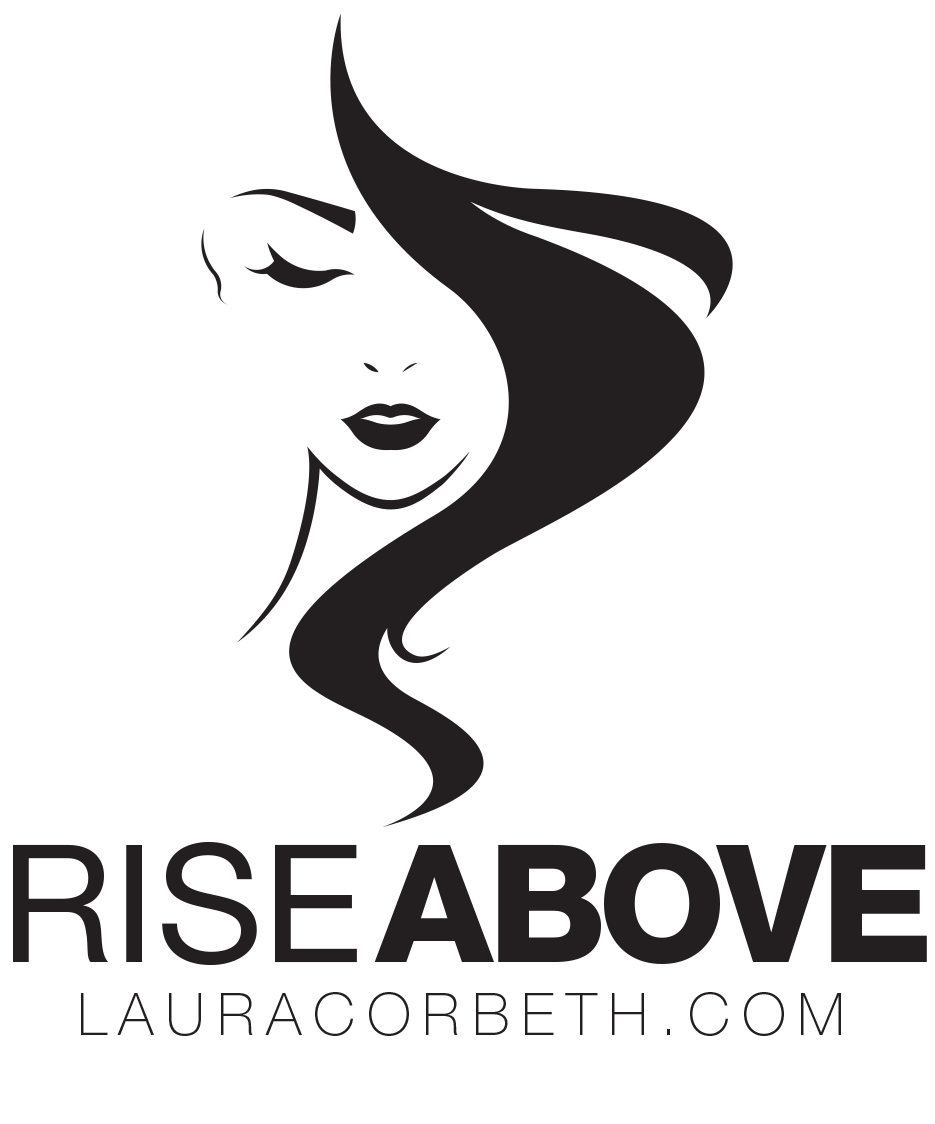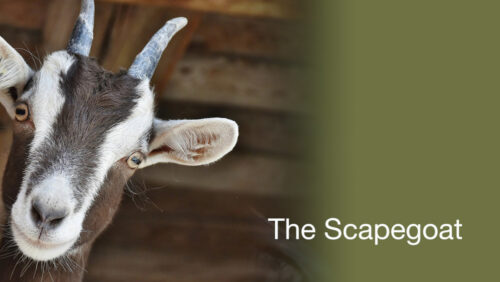
One person is chosen to bear the brunt of any psychological discomfort experienced by the family as a whole.
—Sarah Swenson, MA, LMHC
The scapegoat carries the burdens of the family.

Are you the scapegoat in your family? #MustRead
Tweet
Are you the scapegoat in your family?
The story is from the Bible in the Old Testament, Leviticus 16. It is a story of two goats. One goat was mortally sacrificed, and another who was cast to the wilderness. This “cast” goat was to carry all the sins of his tribe. The goat was chosen to carry away the “sins of man” so it would release all the tribe members of their guilt.
All the members of the tribe were relieved of course, as they had cast all of their burdens onto the goat.
So, everyone felt better!!!
No one had to compensate for their sins. They had simply agreed to cast and throw them onto the goat. And there you have it. The “scapegoat”.

Sound familiar?
Well if it does, this is what dysfunctional families do. They will pick a “scapegoat” similar to this old story. The scapegoat is left—isolated from the “tribe” fending for itself. Alone and finding it difficult to survive.
Why might you be the “scapegoat” in your family? Well, you are the normal one!
The goat must be strong enough to suffer in order that the tribe members do not
Sara Swenson
And guess what? If you are the “chosen goat”, then you probably are the strongest and healthiest (mentally). You—being the chosen “goat”—are chosen because you are the one that fights for justice. You are the one that is independent and empathetic. Usually, the scapegoat is the most accomplished in toxic families.
Interesting! This is what my therapist told me early on in my sessions. Usually, there is a “normal” one in among the dysfunctional family. When she told me this, I remember thinking that it sounded bizarre.
But when a parent cannot take responsibility, they will put the blame on the child. It is called “projection”. Meaning if they can put the responsibility onto the child, they don’t need to take responsibility for their behaviour.
“In scapegoating, feelings of guilt, aggression, blame and suffering are transferred away from a person or group so as to fulfill an unconscious drive to resolve or avoid such bad feelings. It takes a while but later on, the adult child who has been abused by family members recognizes the problems they’ve had come from disturbed parents. They get into therapy and work things out,” says Lynne Namka, Ed..
So, initially, the scapegoat—being highly sensitive, strong-willed, kind-hearted and caring—will take on the blame. They will think it is them. But as stated above, they start to wake up to the gaslighting — and realize they were a victim of a dysfunctional family environment. Does it hurt? Yes. Immensely.
Becoming your authentic self
We “scapegoats” need to become our authentic selves! We may be living the lie for so long, but eventually, we wake up. We can reach out and get help with a qualified therapist. We can learn to recognize the dysfunction that happened as children and educate ourselves.
My message to anyone reading this is: there is nothing wrong with you. It is important for scapegoats to stop the cycle and pattern. We need to know we are worthy and loved and set strong boundaries.
I wrote my book to help others see the patterns. If you are a child of a dysfunctional parent and do not conform to their needs, they will cut you off. My Courage to Tell is written about my journey to awakening.
So, what do you do if you are the “scapegoat”? Read books on the subject. There are plenty. Find a good therapist that specializes in narcissistic behaviours and emotional abuse.
You are not alone. And you can heal. Give yourself permission.
Peace.
Resources:
lynnenamka.com
goodtherapy.org/blog/blameless-burden-scapegoating-in-dysfunctional-families-013-0174

